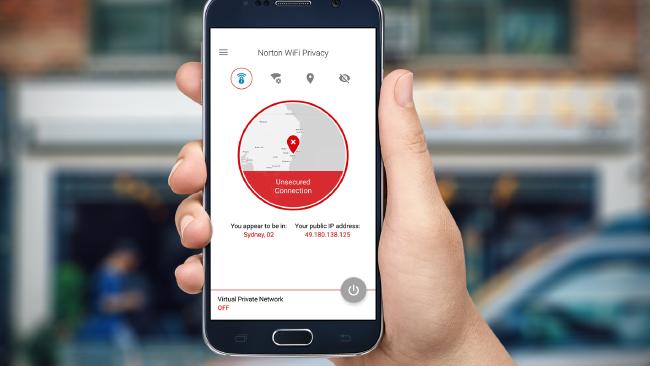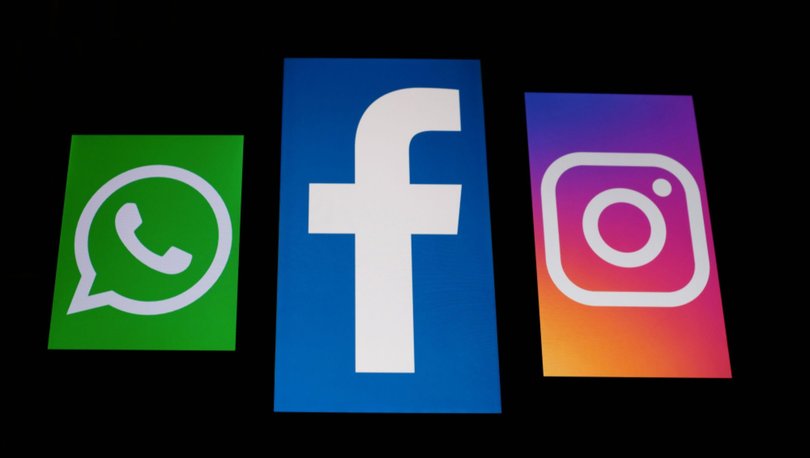FREE Wi-Fi is no different to a filthy public toilet, water fountain or payphone.
That’s according to antivirus firm Norton, which has released a new app designed to stop hackers from stealing users’ private information over unsecured Wi-Fi.
According to Norton, more than one quarter of Australians have accessed banking or financial information while using public Wi-Fi — but most people can’t tell the difference between a secure and unsecure connection.
The firm says hackers are eavesdropping and intercepting consumer information regularly, but 63 per cent of Australians think their data is protected.
Commonly available tools can easily see traffic, potentially exposing passwords, emails, social media accounts, photos, videos and financial information.
The Norton Wi-Fi Privacy app, launched globally on Tuesday for iOS and Android, is designed to protect that data by routing all traffic through a virtual private network (VPN). It will also block advertisers from placing tracking cookies on your device.
“We know many consumers believe that using a password to access public Wi-Fi means their information is safe, but that’s not necessarily the case,” Symantec Norton Business Unit executive vice president Fran Rosch said in a statement.
“Norton Wi-Fi Privacy helps protect information, such as passwords and credit card numbers, and denies access to hackers who may be eavesdropping on the same network.”
It’s called “Wi-Fi” but isn’t only for Wi-Fi.
It’s called “Wi-Fi” but isn’t only for Wi-Fi.Source:Supplied
Even popular apps found on Android devices lack security — in Australia, 14 per cent of Android apps transmit sensitive information without encryption.
“What turns people into easy targets is confusion about the security of public Wi-Fi networks,” said Mark Gorrie from Symantec Australia.
“Norton found that only 34 per cent of Australian consumers are able to distinguish between a secure and an unsecure Wi-Fi network.
“Most people assume that all Wi-Fi networks available in public places like airports, hotels and cafes have security built-in. That’s not the case.
“When consumers log onto an unsecure network, hackers are able to steal information as it travels across the web, sell it on the dark web for profit or even use the information to drain consumer bank accounts.”
The decision to call the product “Wi-Fi Privacy” rather than market it as a mobile VPN service was to appeal to a mass audience, Mr Gorrie said. The app can also be used with mobile data.
According to Norton’s survey, only 18 per cent of respondents said they use a VPN, compared with 53 per cent who don’t and 29 per cent who didn’t even know what a VPN was.
The app costs $US30 ($40) for a year’s subscription on one device, putting it at the higher end of VPN providers. Norton says it does not keep any logs of user data and all encryption keys are “ephemeral” or session-based, meaning they cannot be handed over to authorities.
“We take privacy seriously, so we don’t log data at all,” Mr Gorrie said. “We’re not capturing the data to monetise it.”
source: news.com.au







